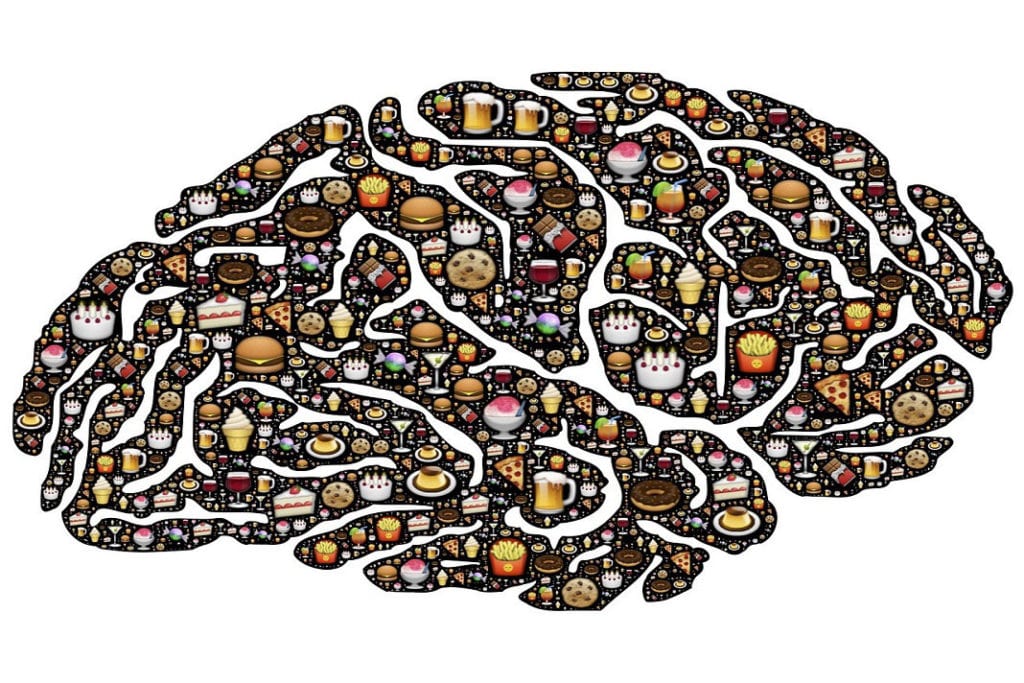I like to say that my brother has an addictive personality.
I introduced him to George R. R. Martin’s A Song of Ice and Fire series, and he read the four books that were published at that point in a little over three weeks. I introduced him to the Showtime series Weeds, and when I saw him next three days later, his eyes were bloodshot, his hair uncombed, yet he excitedly talked about the events of season 5. He had binged.
The word “addiction” and all its derivations get thrown around a lot these days. We playfully say that our girlfriends are addicted to chocolate when the bag of M&Ms shows up each month about the same time. We half-heartedly say that friends are addicted to reality TV when we notice that the TV is always on Bravo when we stop by.
But the word “addiction” has a serious and life-altering meaning. Addictions are neurological conditions that might be treatable.
Recently, scientists in England showed that a narcolepsy medicine can help curb additions.
It seems that addiction is related to the chemistry of the brain. For example, people with food addictions, in particular overeating, seem to require more food with fats and sugars to release the same amount of dopamine into their brains. Dopamine is sometimes called the calming chemical due to its ability to create a semi-euphoric feeling.
For a person without a food addiction, a moderate amount of a certain food will trigger an appropriate amount of dopamine to be released. For someone with a food addiction, more fatty and sugary food is needed to release the same amount of dopamine.
If we were able to restore the ability to release dopamine at the appropriate level, impulsive/addictive behaviors can be curbed.
Enter Modafinil. It is a drug that is marketed to help people with sleeping disorders, including narcolepsy. A study shows that people taking Modafinil experienced a decrease in their impulsive behaviors.
Read more about the study by clicking here.







